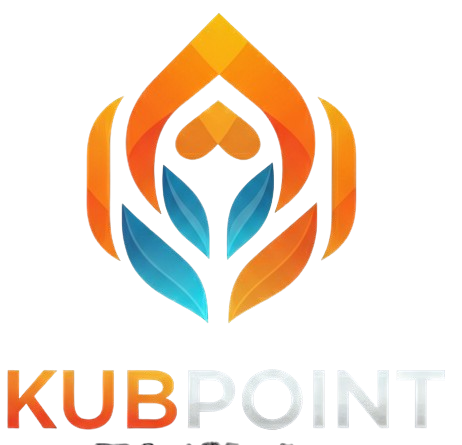I am responding late to a T-SQL Tuesday invite from John Sterrett. John’s call is about various ways to grow young data community/speakers.
I am going to take a detour for a bit and talk about what held us together as a community for the past 2 decades or so.
- We worked on a fantastic product – Microsoft SQL Server. It was thriving and growing in strides. Every new release would bring amazing features and stuff to discuss/talk about in a lot of detail. Jobs were plentiful if you claimed expertise in any one area of this vast product. People recommended others they knew and that led to a lot of good ties building up.
- We attended several events – SQL Saturdays, PASS Summit. My own average in the years between 2005 – 2018 was roughly 5 events per year. We saw the same people and hung out with them.
- We had a lot to talk about when we saw each other. PASS had a ton of politics, which made for a lot of conversation. The latest SQL Server release, what was helpful, what wasn’t – that made for even more conversation. Who is hiring, and who had a good experience, and where – that, of course, you could never get enough of hearing.
- We had a common platform, most of us were on Twitter/X. It was an easy way to see where events happened, who was attending/speaking, and who wasn’t. At an event, we could easily see where the after-party locations were and when we needed to arrive. We could blog and have it promoted by people who had higher visibility than we do.
Then, COVID happened. Many of us started working from home. PASS dissolved, making way for user groups that were either independent or part of the Microsoft Azure groups. Some user groups dissolved entirely. Funding for events dropped and has never recovered to that level. SQL Server matured into a solid product, but with fewer new cool features. Twitter/X changed ownership, became hugely political, leading to most of the community leaving it as a platform, including some with huge followings they had built over the years. Job descriptions took a new turn, with far fewer demands on SQL Server. The job descriptions of today need a lot more – PostGres, Python programming, CI/CD skills, on and on.
My late friend Brian Moran used to say that as we age, our ‘outer’ circle of contacts gets bigger, and our ‘inner’ circle, the people we actually trust and confide in, gets smaller. I found this particularly true through COVID. When I used to attend PASS Summit pre-COVID, I had a long list of folks I needed to catch up with. Through COVID, I learned that a lot of those people were just contacts. I don’t come from a culture that regards friendships in a transactional way. That, combined with the fact that many people didn’t really care as much as I thought they did, left me in a sad place. The reasons why they didn’t care were partly that Western culture is hugely transactional, and partly, the reasons for those transactions, as listed above, didn’t really exist anymore.
So what is next? Is it the end of what we call ‘community’? I hope not. Through these tough years, I have made many new friends among young and upcoming speakers. I have learned how to support them and how to, in turn, feel supported. My tips are as follows.
- Actively find and befriend new faces. I have seen Ben Weissman and Jess Pomfret’s podcast – Finding Data Friends, a great way to find new faces in the data world. LinkedIn is also a good place to find them. It is key to remember that the new tech world is a lot more than SQL Server. I’ve followed blogs and posts on topics ranging from diversity, mental health, data analytics, AI , and SQL Server. Offer compliments on well-written posts or talks and support what they do.
- Attend a minimum of one event per year. If that’s not feasible, consider attending local user group meetings. If that’s still challenging, try virtual events. I am fortunate that I can still participate in the PASS Summit. I attend virtual events and our local user group meetings whenever I can.
- Show an active interest in people when you meet them. The lesson COVID taught me is that conversations or relationships based purely on discussing community politics, or even tech, are transient. Even with culture being transactional, humans crave genuine connection. That is only possible if we show interest in another human for who they are. Ask how someone is doing, in return for a ‘how are you?’ at least.
What is positive about today’s community, in my humble opinion, is as follows.
- There is a lot more diversity in today’s world. Even with the lack of community politics or common tech to talk about, I found conversations smooth and easy with most.
- The younger community is better informed than we used to be on what works and what doesn’t work for them. They are also more keen on getting their value from what they put in. Lots of lessons here, even for an old geek like me.
So, after all that rambling, a simple answer to John’s question on how to grow more community is to find what exists and be part of them, to the extent you can. Growth comes from genuine human connections, let’s strive to make more of them! Thank you, John, for hosting.

